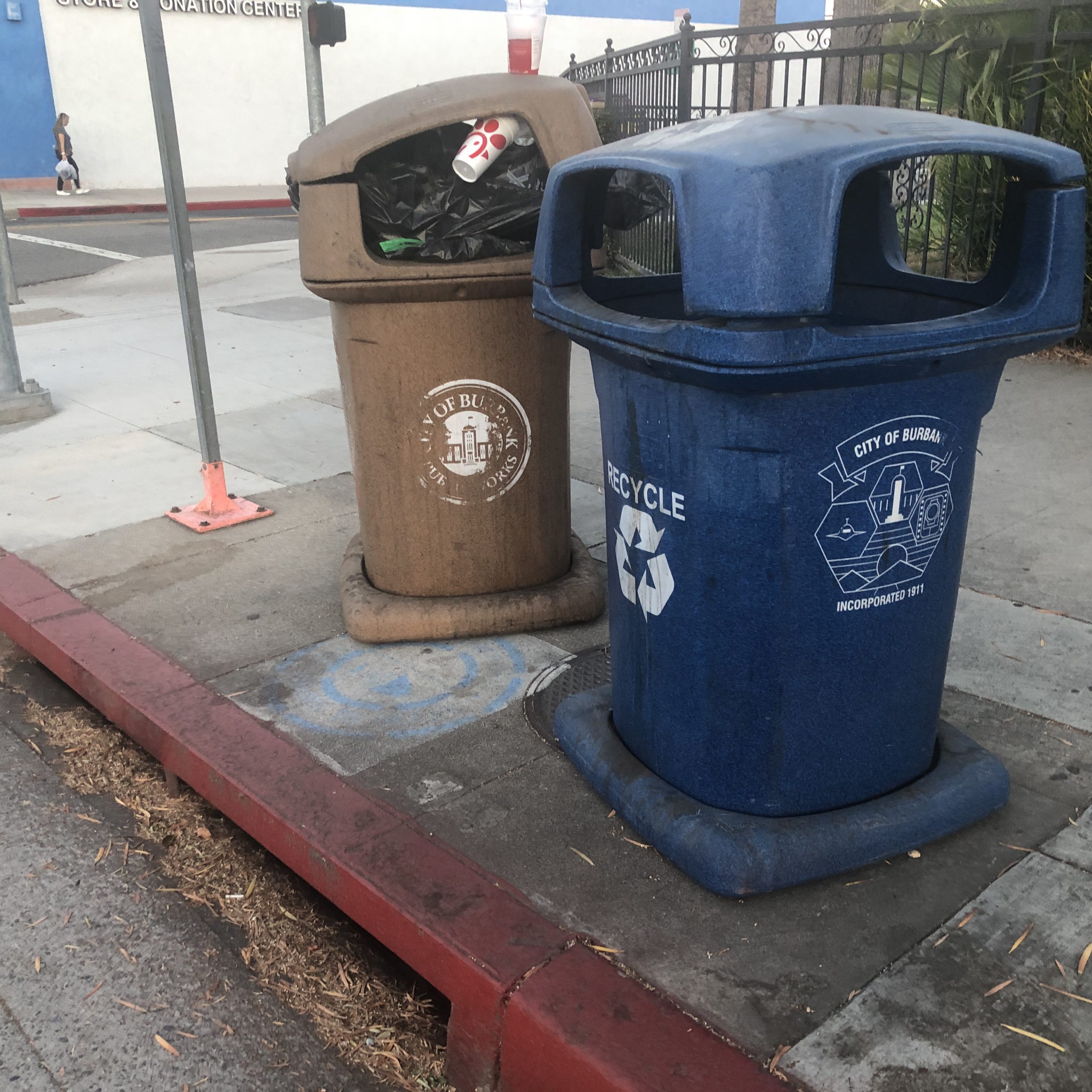The City of Burbank, despite allocating a sizable $33.7 million through its Refuse Collection and Disposal Fund (Fund 498), finds itself grappling with the escalating challenges of managing waste and recycling programs, partly due to external geopolitical shifts and internal misuse of disposal facilities.
The local waste management systems, particularly municipal bins, designed primarily to serve the residents of Burbank, are increasingly being misused as repositories for extensive waste, sometimes unlawfully deposited by non-residents. This misuse not only strains the city’s waste disposal resources but also imposes an additional financial burden on a system already navigating through rough waters.
A significant blow to the city’s recycling efforts came post-2018 when China, once a major buyer of recyclable waste from California, stopped the import of most recyclable materials, citing contamination concerns and environmental protection as primary reasons. According to research from UCLA’s Luskin Center for Innovation, this shift in global waste trade dynamics has resulted in a substantial portion of California’s recyclables, which would have otherwise been exported and processed, unfortunately ending up in landfills.
“Why in the world are we still recycling at such a massive cost to taxpayers? It is a failed program and the City should end it and return to a single-stream system. If Sacramento is mandating nonsense, then the issue should be presented to a judge,” said Helen Wong, a spokesperson for a local group of activists seeking lower cost government.
Despite these formidable challenges, the City of Burbank remains committed to its mandatory recycling programs and restrictions. But it’s not without cost—both financial and in terms of time and resources. The city’s landfill, while still having over 30 years of utility left, is a finite resource. And although it currently outlasts other facilities in LA County and there are potential avenues to construct new capacity in alternative locations, the financial and logistical burdens of mandatory recycling continue to weigh heavily.
Burbank’s struggle is not an isolated incident but rather a reflection of a larger, global issue pertaining to waste management and recycling. Cities worldwide are grappling with the consequences of a disrupted global recycling market and the ripple effects of China’s policy changes.
The road ahead for Burbank and similar cities involves navigating through the complexities of balancing cost-effective waste management, environmental responsibility, and sustainable practices. It opens up a discussion on innovative solutions, policy adjustments, and perhaps a re-evaluation of current recycling practices and partnerships.
Sources:
- City of Burbank Financial Documents (for Fund 498 allocation)
- UCLA Luskin Center for Innovation Research and Publications
- Reports on China’s Import Ban and its Impact on Global Recycling Market


